
This book explores the application of service design to urban commons, focusing on the Reggio Emilia Ducal Palace in Italy.

Paying individual people for their health data will widen inequalities and reduce altruism, luring people to sell their privacy. Health data should instead be treated as collective property, and commercial profits should be shared with the public.
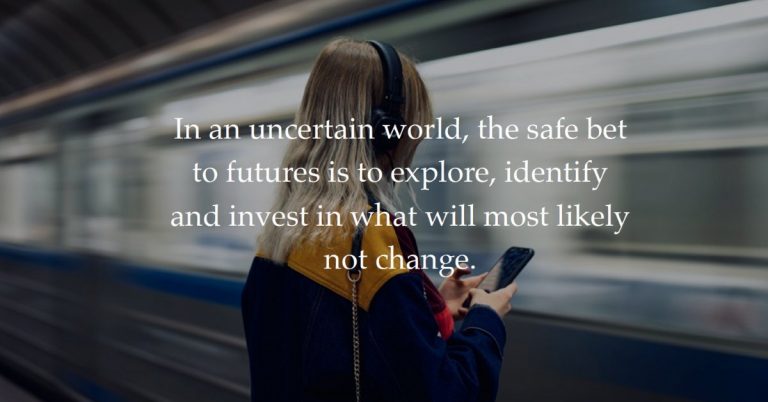
In an uncertain world, the safe bet to futures is to explore, identify and invest in what will most likely not change.

Julia Tan and Carolina Aldas of Spotify provide some recommendations on how user research and Engineering can improve their collaboration during the Discovery Phase to come up with more feasible product solutions.
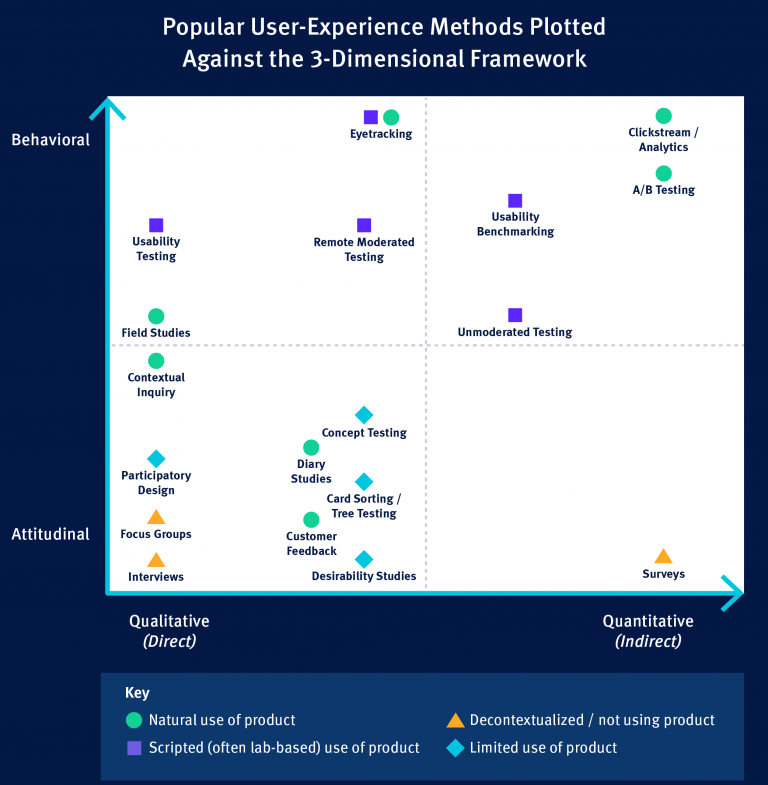
Modern day UX research methods answer a wide range of questions. To help you know when to use which user research method, each of 20 methods is mapped across 3 dimensions and over time within a typical product-development process.

“There is nothing shocking or radical about ending an economic practice that has too many negative externalities. We have banned certain kinds of economic activity in the past because of them being too toxic for society. ”
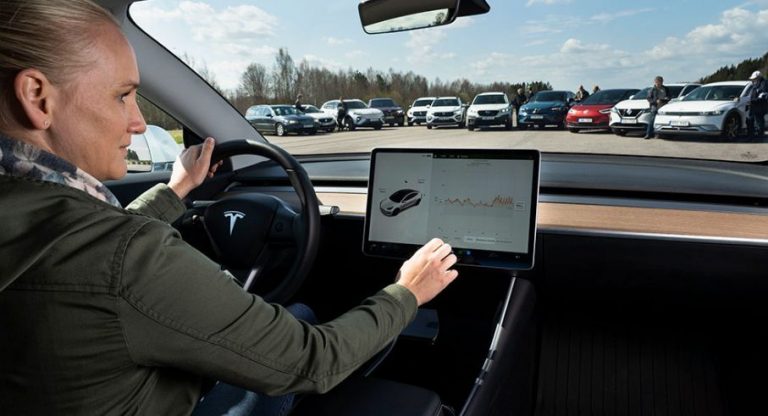
Physical buttons are increasingly rare in modern cars. Most manufacturers are switching to touchscreens – which perform far worse in a test carried out by Swedish car magazine Vi Bilägare.

A touchless UI has an edge over devices that require touch interactions because decreasing physical contact is helpful in diverse contexts—from food-processing plants to an airport’s self-service registration kiosks.

By force of habit, most executives tune down their imagination when strategizing. This is counterproductive, the authors argue. Instead, they offer an alternative: Design fiction. A design technique that immerses executives and employees deeply in various possible futures, it uses artifacts such as short movies, fictitious newspaper articles and imaginary commercials to generate transformation roadmaps.

How can freedom and democracy survive in a world of powerful digital technologies?

How we describe the metaverse makes a difference – today’s words could shape tomorrow’s reality and who benefits from it

A report by researchers at New York University warns that biometric and other digital ID systems that are increasingly linked to large-scale human rights violations, especially in the Global South.

The first book to take an interdisciplinary and international approach to understanding how our everyday lives are being affected by automated decision-making.

Emerging Technologies / Life at the Edge of the Future invites us to think forward from our present moment of planetary, public and everyday crisis, through the prism of emerging technologies.

This book advances the practice and theory of design ethnography. It presents a methodologically adventurous and conceptually robust approach to interventional and ethical research design, practice and engagement.
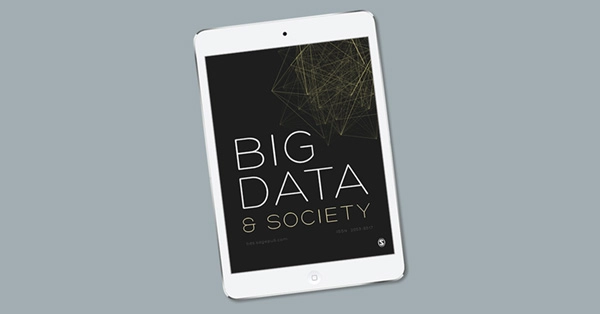
Bringing together a motley crew of social scientists and data scientists, the aim of this special theme issue of Big Data & Society is to explore what an integration or even fusion between anthropology and data science might look like.

“All research is qualitative; some is also quantitative”
Harvard Social Scientist and Statistician Gary King

In the three years since the last Global Happiness and Well-Being Policy Report, governments have faced a cascade of challenges to the well-being of their populations.
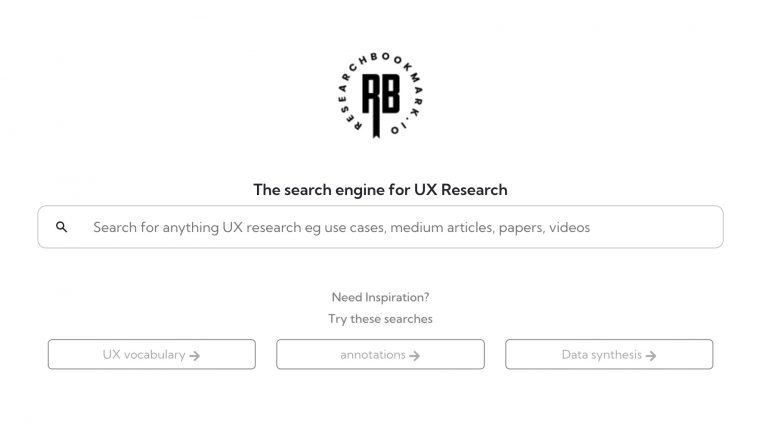
The people behind Research Bookmark, a vast online collection of UX research resources, have - after months of researching and experimenting - released a search engine built just for UX Researchers.
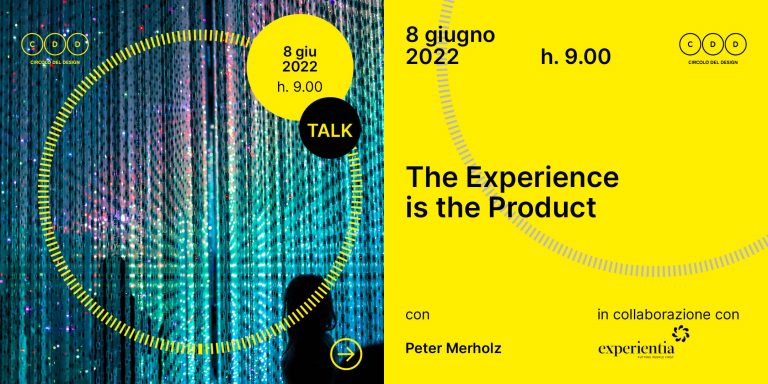
Peter Merholz will be speaking in Torino (Turin, Italy) on Wednesday 8 June. The 9am morning talk will take place in the courtyard of the Circle of Design.




















